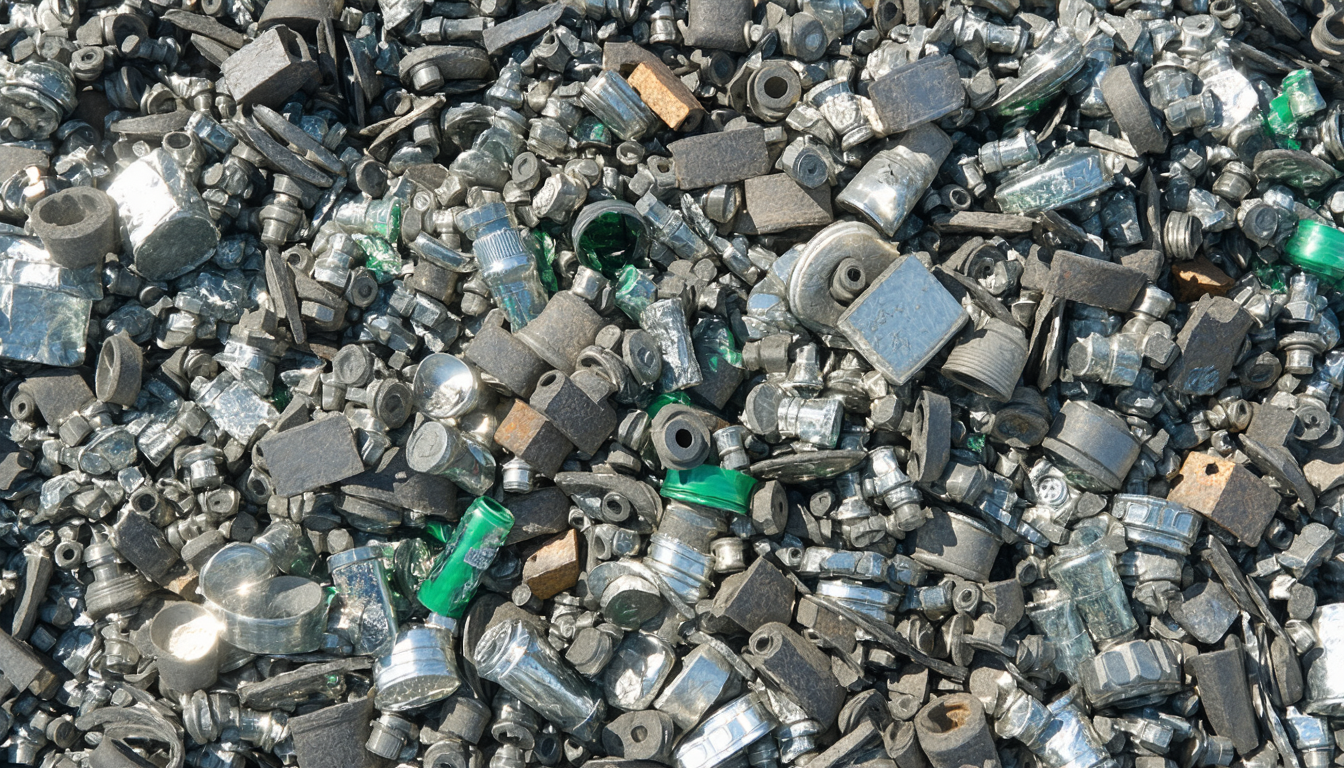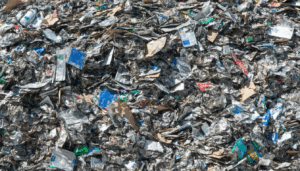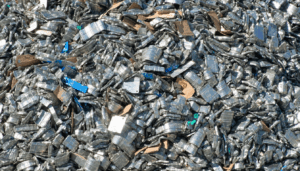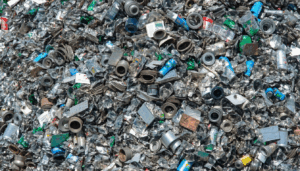In an era where environmental sustainability is paramount, Farnsworth Metal Recycling has emerged as a key player in the United States’ efforts to reduce waste and promote a circular economy. Based in the heart of industrial America, this company has made significant strides in transforming scrap metal into valuable resources. This article explores the latest developments surrounding Farnsworth Metal Recycling, its impact on local communities and industries, and what the future holds for metal recycling in the U.S. From innovative technologies to economic contributions, here’s everything you need to know about this vital sector.
The Rise of Farnsworth Metal Recycling in the U.S.
Farnsworth Metal Recycling, headquartered in Ohio, has been operating for over two decades, specializing in the collection, processing, and distribution of ferrous and non-ferrous metals. The company handles everything from aluminum and copper to steel, ensuring that materials are diverted from landfills and reintroduced into manufacturing cycles. In 2023 alone, they processed over 150,000 tons of scrap metal, contributing significantly to reducing greenhouse gas emissions.
Their operations span multiple states, with facilities equipped with state-of-the-art sorting and shredding technology. This allows for efficient processing, ensuring that recycled metals meet stringent quality standards for reuse. Their commitment to sustainability has positioned them as a trusted partner for businesses across automotive, construction, and manufacturing sectors.
Economic and Environmental Impact
The significance of Farnsworth Metal Recycling extends beyond waste management. By recycling metals, the company helps conserve natural resources, as producing new metal from ore is far more energy-intensive than recycling. According to a 2022 report by the Institute of Scrap Recycling Industries (ISRI), recycling metal saves up to 74% of the energy needed for virgin production.
Economically, Farnsworth supports thousands of jobs across its facilities and supply chains. Local communities benefit from their partnerships with small businesses, providing a steady stream of scrap materials for processing. “Recycling isn’t just about sustainability; it’s about building stronger economies,” said John Harper, a senior analyst at GreenTech Solutions. “Companies like Farnsworth are vital to job creation and resource efficiency.”
Innovations Shaping the Future
One of the standout aspects of Farnsworth Metal Recycling is its adoption of cutting-edge technology. Their facilities now use automated sorting systems powered by artificial intelligence to separate metals with precision, increasing efficiency by 30% since 2021. They’ve also invested in electric-powered machinery to lower their carbon footprint further.
These advancements come at a critical time when demand for recycled metals is surging due to global supply chain challenges. With raw material shortages affecting industries worldwide, recycled metals offer a sustainable alternative. Farnsworth’s ability to scale operations positions it as a leader in meeting this growing need.
Challenges and Stakeholder Perspectives
Despite its successes, Farnsworth Metal Recycling faces hurdles that reflect broader industry challenges. Fluctuating metal prices can impact profitability, while regulatory compliance adds operational costs. Additionally, public awareness about proper scrap disposal remains low, limiting the volume of recyclable materials collected.
From a stakeholder perspective, opinions vary. Environmental groups praise Farnsworth for reducing landfill waste, while some local businesses argue that stricter regulations on scrap collection could burden smaller players. Balancing these interests requires ongoing dialogue, something Farnsworth has committed to through community outreach programs.
Looking Ahead: Implications for the Industry
The trajectory of Farnsworth Metal Recycling suggests a promising future for the sector in the U.S. As federal policies increasingly prioritize green initiatives, companies like Farnsworth could benefit from incentives for sustainable practices. Potential expansions into new states or partnerships with renewable energy firms may further amplify their impact.
Moreover, consumer demand for eco-friendly products will likely drive manufacturers to source more recycled materials. This trend could solidify Farnsworth’s role as an indispensable link in the supply chain. “The recycling industry is at a turning point,” noted Sarah Mitchell, an environmental economist. “Innovators like Farnsworth will shape how we manage resources for decades.”
In conclusion, Farnsworth Metal Recycling stands as a beacon of progress in America’s journey toward sustainability. Through technological innovation, economic contributions, and environmental stewardship, it addresses pressing global challenges while paving the way for a greener future. As the industry evolves, keeping an eye on such pioneers will be essential for understanding the broader implications of metal recycling.
Frequently Asked Questions (FAQ)
-
What does Farnsworth Metal Recycling specialize in?
They focus on collecting, processing, and distributing ferrous and non-ferrous metals like aluminum, copper, and steel across multiple U.S. states. -
How does metal recycling benefit the environment?
It conserves natural resources, reduces landfill waste, and saves significant energy compared to producing new metals from ore. -
What innovations has Farnsworth introduced?
The company uses AI-powered sorting systems and electric machinery to enhance efficiency and lower environmental impact. -
What challenges does the company face?
Issues include fluctuating metal prices, regulatory compliance costs, and limited public awareness about proper scrap disposal. -
How does Farnsworth impact local economies?
It creates jobs, supports small businesses through partnerships, and contributes to resource efficiency in various industries.





